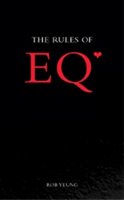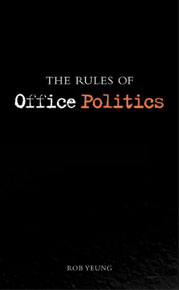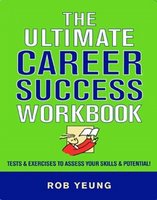 They say that actions speak louder than words and I've blogged about the importance of body language in communicating qualities ranging from humility to charisma before.
They say that actions speak louder than words and I've blogged about the importance of body language in communicating qualities ranging from humility to charisma before.
In fact, a psychologist with the suitablly professorial name of Albert Mehrabian established that the gestures, movements, and expressions that make up our body language actually account for 55 perent of our communication effectiveness. Another 38 percent comes from the tone and quality of our voice. And only a mere 7 percent comes from the actual words that we use!
Think about it. Imagine two people giving the same presentation. One person gives the presentation but stands stiffly still while reading from his or her notes in a flat voice while avoiding eye contact with the audience. The other person points to interesting points on the screen, smiles, pauses, occasionally drops their voice to a conspiratorial whisper to underline key points, and makes great eye contact with the audience. Which would you find more compelling to observe?
Same goes for job interviews. If one candidate shifts uncomfortably from one butt cheek to the other, and speaks while fidgeting with his or her watch or a ring, it almost wouldn't matter what he or she's saying. Whereas another candidate could say the same thing, but look the interview in the eye, sitting up straight and perhaps counting key points off with his or her fingers. It doesn't take a rocket scientist to show that the second candidate is going to make the better impression.
All of that sounds obvious. But my point here is that research actually shows that your body language makes up over half of the impact you have on other people. So whether you are preparing to give a big presentation, impress colleagues in a client meeting, or wow an interviewer for a job - make sure you focus on the unspoken message that your body is communicating.
 I just signed a deal a few weeks ago to write a book called Should I Tell the Truth? And 99 Other Questions about Job Hunting
I just signed a deal a few weeks ago to write a book called Should I Tell the Truth? And 99 Other Questions about Job Hunting

.jpg)
.jpg)











